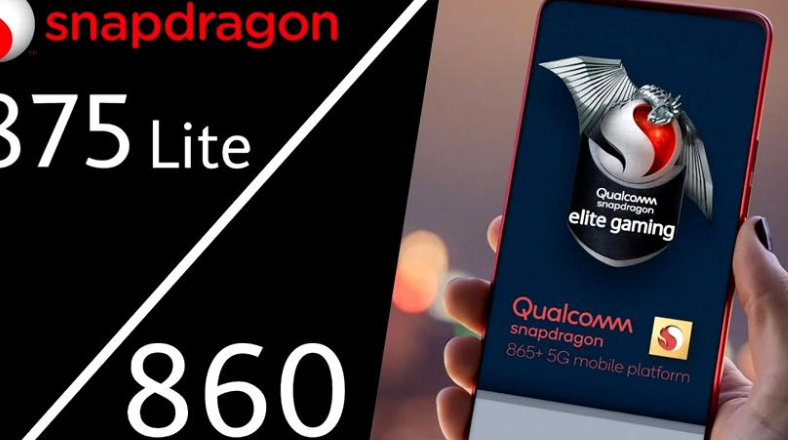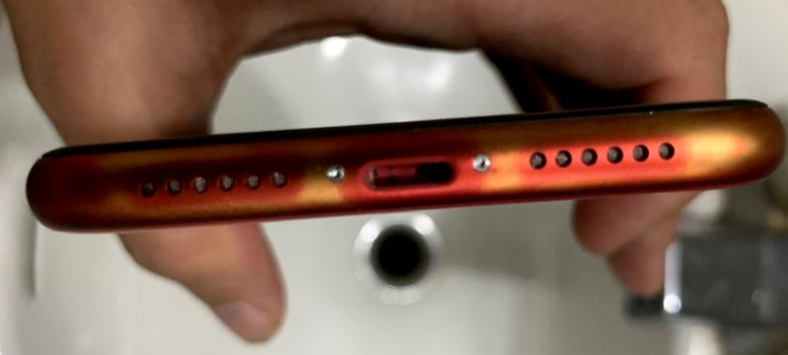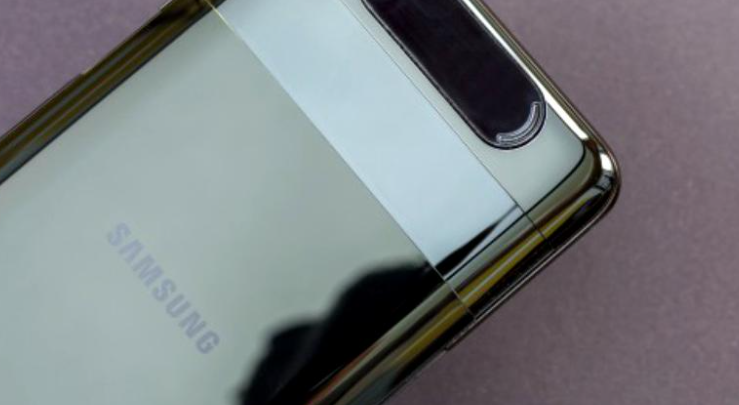
Qualcomm seems to be preparing major changes in the development of chipsets for high-end smartphones. In recent years, the company has flirted with the idea of improved versions half a year after the original launch, but the price of the Snapdragon 865 and the new 865+ revision keep some companies away. Thus, the American company will introduce in the near future Snapdragon 860, a variant still high-end, but less efficient and probably cheaper. The same strategy could be adopted for the next generation.
Snapdragon 860 could be a cheaper “lite” version of Snapdragon 865
Because Snapdragon 865 is so expensive compared to the previous generation, some smartphone manufacturers are reorienting to the less powerful Snapdragon 765. However, both are compatible with 5G technology, so it offers something more than the processors of previous years, but only the top model comes with top performance.
A Snapdragon 860 model, with a slightly lower performance, but with a more affordable price, would be a kind of “lite” version. This would be dedicated to companies that have chosen the cheapest chipset for their flagship devices in 2020. LG and Google are a good example. The South Korean manufacturer launched Velvet 5G in the spring, equipped with Snapdragon 765. This device would have been the perfect target for Qualcomm’s new Snapdragon 860. Google’s Pixel 5 is also rumored to use a mid-range processor.
Qualcomm is changing its strategy because it could lose customers
The information came on the Internet from the user of Twitter Digital Chat Station, an account on which leaks from the mobile phone industry are published quite often. This is information from a meeting of Oppo’s management, which suggested that Qualcomm will offer them a Snapdragon 860 variant. The same tweet also mentions the next generation, Snapdragon 875, which could also be delivered in May. many versions.
Why is Qualcomm making this move now? Because he is about to lose some of his customers. Companies like Oppo and Google are already working on their own proprietary chips. As with Apple, Samsung, or Huawei, these companies could give up Qualcomm hardware. This will allow them to advance technologically at their own pace, while at the same time bringing low production costs.





